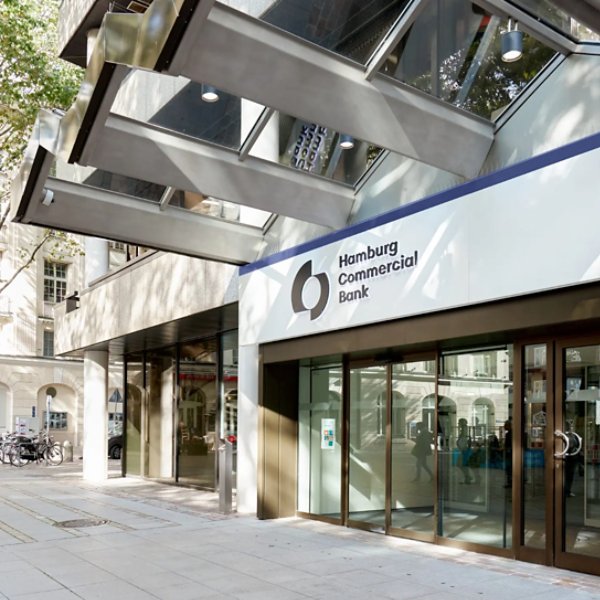Despite Singapore’s recent rise in inflation, higher energy prices and tightening economy, some industry observers say there has never been a better time for businesses to focus on their digital transformations.
“This is not the first time we’ve faced crises, and it certainly won’t be the last,” said Neeraj Malhotra, Client Unit Leader of Kyndryl Singapore. “The key to progress during uncertain times lies in how we view technology — as just another cost or as an enabler of business transformation.”
The Singapore Budget in 2023 is widely considered a step in the right direction as it promotes technological innovation and aims to provide more job opportunities for Singaporeans.
Here, Neeraj talks about Singapore’s IT challenges, how the pandemic led to new workforce trends and cultural shifts in the local services industry.
What are the biggest challenges IT company leaders face in Singapore?
As one of the world’s most digitally mature markets, Singapore has its fair share of associated challenges. We are generally ahead of the curve in development — and it is important to keep up with the latest technology to sustain that momentum and stay competitive. Similarly, our advancements in cybersecurity and compliance put us on the radar for cyber-attacks and data breaches. This just means that IT leaders need to be prepared to meet these challenges and vulnerabilities head-on.
What IT industry trends are defining Singapore’s remote workforce?
We saw a massive shift toward remote and hybrid work in Singapore during the pandemic. IT service companies have had to adapt their support systems to newer technologies, such as virtualizations and automation, to accommodate this change. Remote support for employees working from home has become viable through remote access to company systems as well as troubleshooting software and hardware issues from afar. Cloud-based solutions are now enabling company data and applications, and collaboration tools are allowing employees to work together effectively from anywhere.
Along with these shifts, IT service companies have also had to shoulder the responsibility of securing company data and employee privacy, especially during remote work on personal devices through the implementation of VPN and endpoint security measures.
Are there other Singaporean culture shifts that now define the services industry?
Our industry has learned a lot from operating during the pandemic, especially about the cultural shifts needed to stay buoyant and relevant. Innovations in technology have accelerated the adoption of artificial intelligence, automation, and big data analytics to support business operations and customer engagement, ultimately leading to an increase in demand for IT services and solutions.
This remains relevant as we potentially step into yet another economic setback. Singapore has consciously shifted its focus toward a few areas as it navigates the new normal. A few of those areas are digitization, e-commerce and retail, customer service, health and safety, as well as sustainability.
What do customers in Singapore value most when running their mission-critical systems?
Customers in Singapore value a whole spectrum of capabilities when it comes to running their mission-critical systems. Naturally, at the top of the list is security — reliability and availability to ensure their systems have minimal downtime. As their businesses grow, performance (their ability to handle large amounts of data efficiently), scalability (their ability to accommodate variations in demand) and support (their ability to assist with troubleshooting and problem resolution) become crucial. Customers also value flexibility as they pivot toward flexible work arrangements. And they value innovation that allows for their systems to be easily integrated with emerging technologies.
How is Kyndryl helping to meet some of that demand?
Our team supports and manages key critical systems for major banks, airlines, retailers, and other businesses in Singapore. Some of the wins we are especially proud of are Singapore Airlines, which leverages Kyndryl’s digital workplace expertise, and Singapore Aero Engine Services Private Limited, which engages Kyndryl as a Strategic Technology Partner. We’ve built trusted relationship and have a proven track record of delivery over the years. In fact, some of our local clients have been partnering with us for more than 20 years. I believe this is a true testament to the trust our customers place in us and our service.


